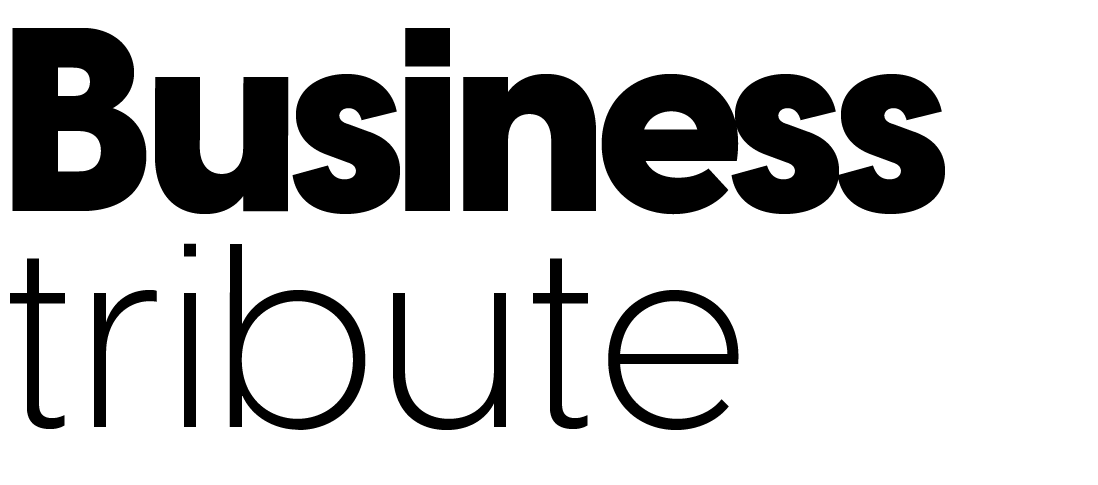In today’s fast-paced digital landscape, understanding the key terminology used in digital marketing is essential for anyone looking to thrive in the online business world. Whether you’re an experienced marketer or a newcomer, these 10 terms will equip you with the knowledge to navigate the dynamic world of digital marketing.
- SEO (Search Engine Optimization): SEO refers to the process of optimizing your website and its content to rank higher in search engine results. By using SEO techniques, businesses can increase their online visibility, attract organic traffic, and boost their conversion chances.
- CTR (Click-Through Rate): CTR is a vital metric that measures the percentage of clicks a specific link receives compared to the number of times it was displayed to users. This term is commonly used to evaluate the performance of online ads, email campaigns, and other marketing initiatives.
- ROI (Return on Investment): ROI is a fundamental metric that measures the profitability of a marketing campaign relative to its cost. Understanding ROI helps you identify which marketing strategies provide the most value and which may need adjustments.
- PPC (Pay-Per-Click): PPC is an advertising model in which advertisers pay a fee each time their ad is clicked. It’s an effective way to drive targeted traffic to a website, with platforms like Google Ads and social media networks offering PPC advertising services.
- CTA (Call-to-Action): A CTA is an element within a marketing message that encourages the audience to take a specific action, such as “Buy Now,” “Sign Up,” or “Learn More.” Creating compelling CTAs is crucial for increasing conversions and guiding users through the sales funnel.
- CRO (Conversion Rate Optimization): CRO is the process of improving your website or landing page to increase the percentage of visitors who take the desired action, such as making a purchase or signing up for a newsletter.
- KPI (Key Performance Indicator): KPIs are measurable values used to evaluate the success of a marketing campaign or the overall performance of a business. Identifying and tracking relevant KPIs allows marketers to make data-driven decisions and adjust strategies as needed.
- Social Proof: Social proof is a psychological phenomenon where individuals tend to conform to the actions of others when making decisions. In digital marketing, showcasing positive reviews, testimonials, and social media engagement can enhance credibility and encourage conversions.
- SERP (Search Engine Results Page): SERP refers to the page displayed by search engines after a user submits a query. Understanding SERPs helps marketers optimize their content to rank higher and attract more organic traffic.
- A/B Testing: A/B testing (or split testing) involves comparing two versions of a webpage or marketing element to determine which performs better. By testing different elements, such as headlines, images, or CTAs, marketers can refine their strategies for optimal results.
Familiarity with these ten digital marketing terms will empower you to communicate effectively with marketing teams, analyze campaign performance, and stay ahead in the ever-evolving digital marketing landscape. Whether you’re a business owner or a marketing professional, incorporating these terms into your toolkit will undoubtedly enhance your digital marketing capabilities.






